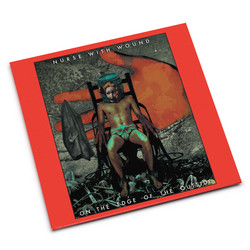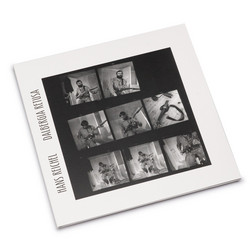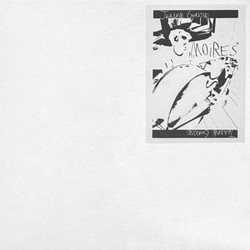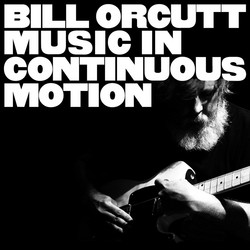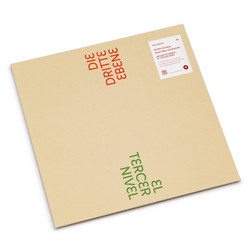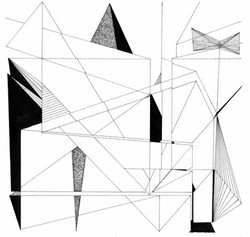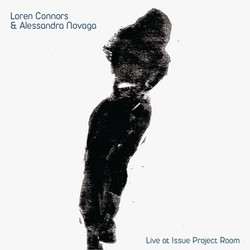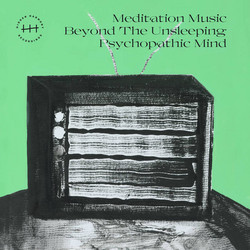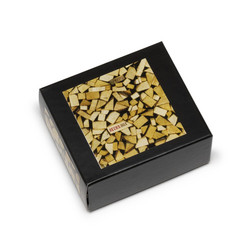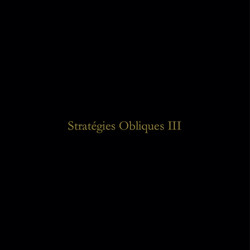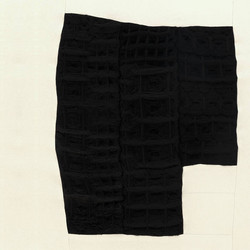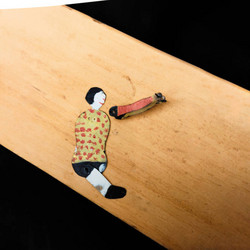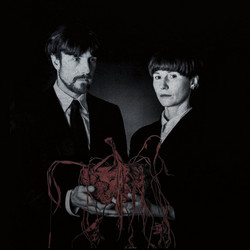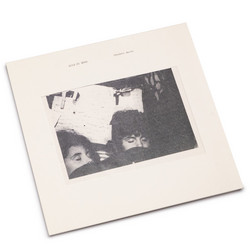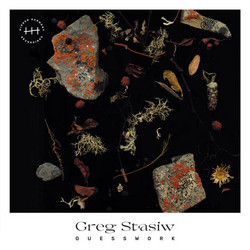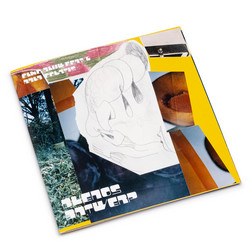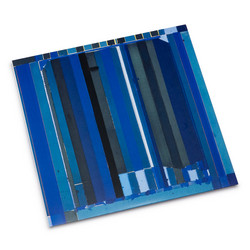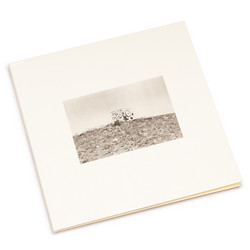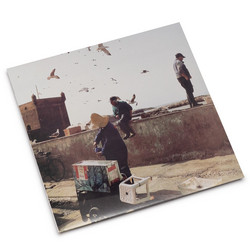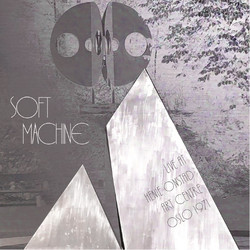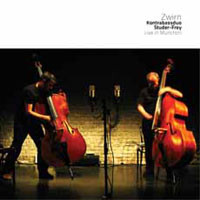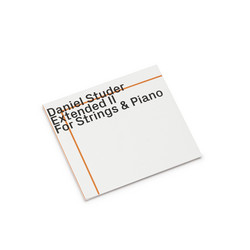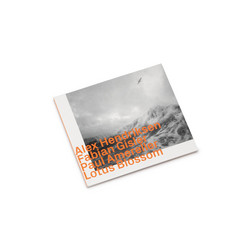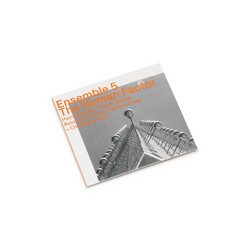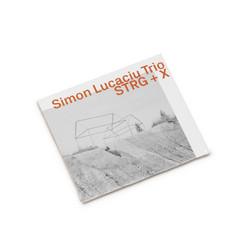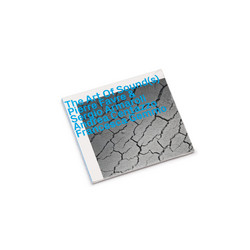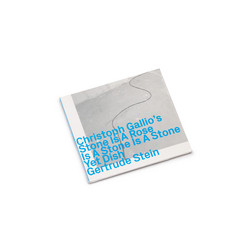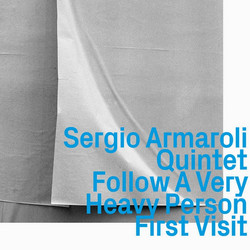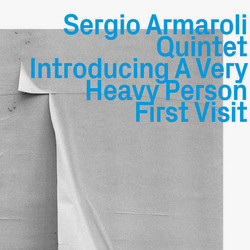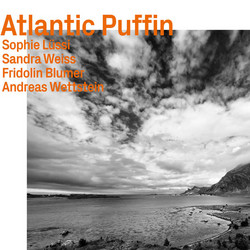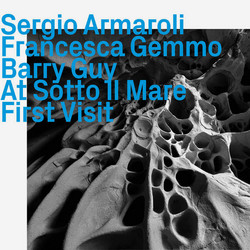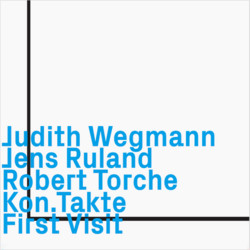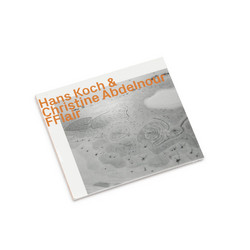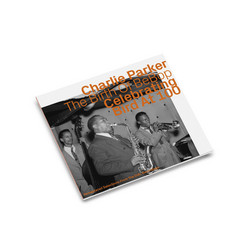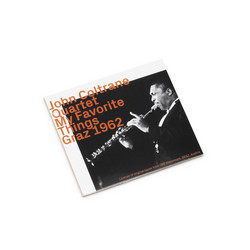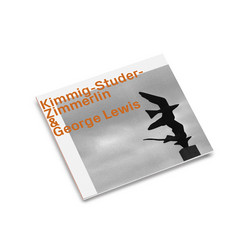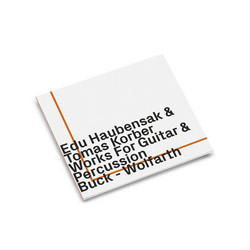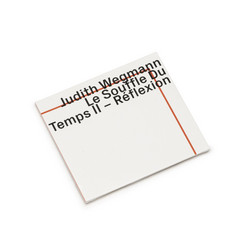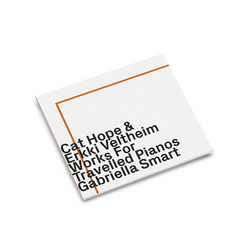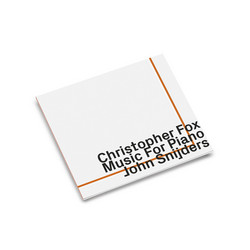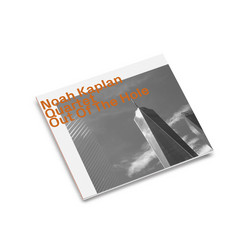**In process of stocking** "When I was a young man, I was taken on a study trip to East Germany. It was, in fact, something more of a propaganda exercise, a way to demonstrate to decadent Westerners that the working methods of dialectical materialism were far superior to the laissez on faire methods of the capitalist countries. We were taken to a small factory. I don't even remember what they were making but everyone in the room appeared to be working on the same task, performing operations in a rhythm so precise as to seem almost mechanical. What struck me, though, was how aware each worker was of what his neighbour was doing, and of the supervisor who paced constantly between the machines.
Almost exactly three months later, I was able to make a visit to Nigeria, where my father had served during the war. I went to a metal on workers' atelier in the city of Kano and was immediately struck by the difference in what I saw. Everyone was doing something quite different. Each man seemed to be bent on his own task. The workers moved easily through the space, not conversing much on it was noisy on but never colliding or getting in each others' way.
I've often thought of those two moments when listening to music. A "professional" but heartless orchestra can sound like that East German workshop, but so, too, can an improvising group that has been instilled with the obsessive message that music on making is about focused listening and instant response to what others are doing. Sometimes that is wonderful, but sometimes it is as routine as a mechanized production line. Some of the most exciting improvisation I have heard happens when musicians have the confidence to do their own thing, in their own sonic space, and without any obvious reference to what the men and women to the right and left of them are thinking.
Listening with growing delight to Daniel Studer's Extended I came to realise that these two methods can sometimes coincide. There is intense discipline in the work that Studer delivers with his string colleagues Harald Kimmig, Frantz Loriot, Alfred Zimmerlin and pianist Philip Zoubek, but there is also an artisanal freedom to the sounds. Each man is a master of his craft. Each has a place and a purpose in the music. They move around one another freely. Sometimes someone plays very "pure" sounds, polished surfaces like the finished copper pots in Kano; sometimes the sounds are deliberately harsh, as when a blade scrapes over the metal or a file is applied to a rough edge.
And yet taken together, this music works with efficiency as well as beauty. It works. We have forgotten that music, like painting and literature and dance, are also work. We put Studer and his colleagues celebrate the dignity of work. It does not matter what you produce, whether it is rivets or cooking pots or the apparently slight "Bagatelles" or "verba 1" and "verba 2" of Extended. If these things are made well, then they are well done. One goes away from Extended reminded that string instruments, most often heard in massed ranks in orchestras or in formal quartets, quintets and upwards, are also capable of great freedom.
Long before saxophones and trumpets were used, the first "jazz" groups were string ensembles, such emphasis on celebrating great "works" of art, in the sense of great painting, symphonies, ballets, that we forget there is labour at the heart of the process. And as we move on from the 200th anniversary of Karl Marx's birth, we need to remind ourselves that while much labour is exploitative and unequal, the kind of work an artist strives for is a celebration of the freedoms, as well as the craft skills, of labour. employed to entertain rich men but free after hours to explore their instruments, their tools, without restraint. Subsequent history has restored those tools, the means of pro on duction, to those that labour with heart and hand. The results extend our sense of what is possible in sound." - Brian Morton
